What Can Families Expect?
Life-Changing Clinical Interventions That End the Cycle of Relapse.
Read More
What If This Is the Last Chance to Get It Right?
We’re the only program built specifically for chronic relapse. Long-term. Progress-based. Intensely focused. No one else does what we do.
- 100% Progress-Based
- Exclusive To Chronic Relapse Clients
- Life Skills Intensive, Accountability Driven
- Emphasis On Behavioral & Attitudinal Well-Being
- Long-Term, 4-Phase Continuum Of Care
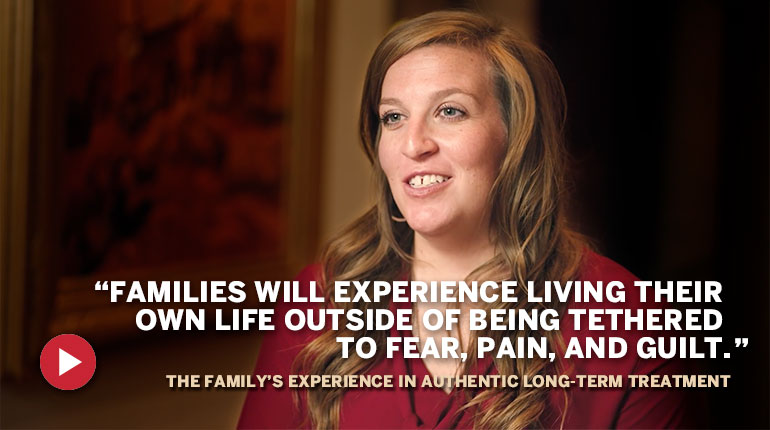
What Are Families Like Yours Really Looking For?
When families come to us, they’re not just looking for “treatment.” They’re desperate for something that finally works.
- Accurate diagnosis and treatment of co-occurring mental health disorders
- Identification of relapse patterns and root causes
- Progress-based milestones build momentum and accountability
- Allowing time for real behavioral and psychological change
Our program is built to meet these needs—direct, structured, and relentless.
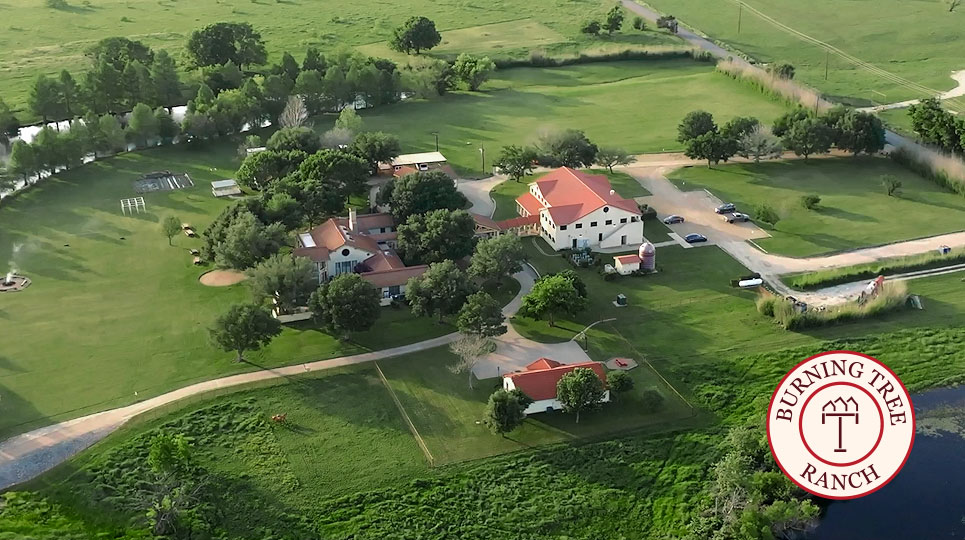
What Happens Before We Say Yes?
Families don’t simply choose to admit to Burning Tree Ranch. First, we work through a mutual process to decide—together—if this is the right fit.
We want to understand the full picture:
- Whether or not long-term treatment truly appropriate—or even possible
- Clinical review of medical, psychiatric, and treatment history
- Assessment of motivation, resistance, and readiness for real change
- Preparing the family for what's ahead and coordinating logistics
We guide the family, assess the fit, and only say yes when we know it’s the right choice.
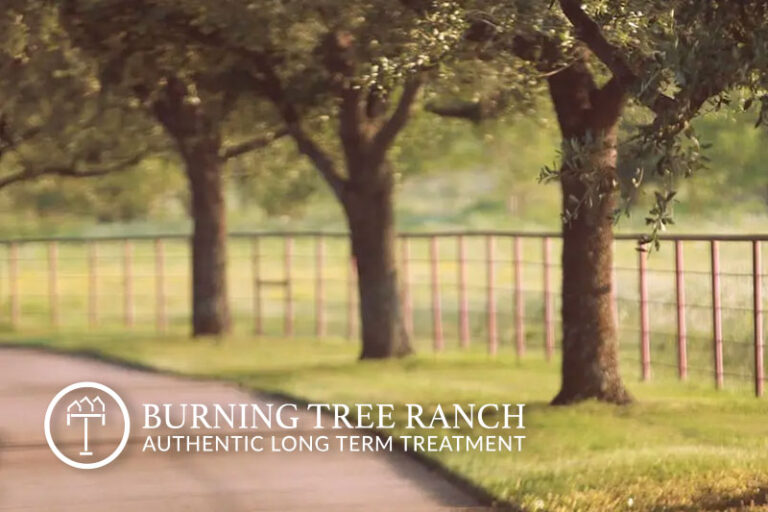
Have These Consequences Become Your Reality?
- Financial strain from false promises or broken treatment commitments
- Hearing promises of change that rarely match their actions
- Family tension fueled by secrecy, blame, or shifting stories
- A growing inability to trust their version of events
- Excuses and blame placed on everyone but themselves
Breaking the Cycle Starts Here
A trusted guide for families facing addiction and repeated relapse.
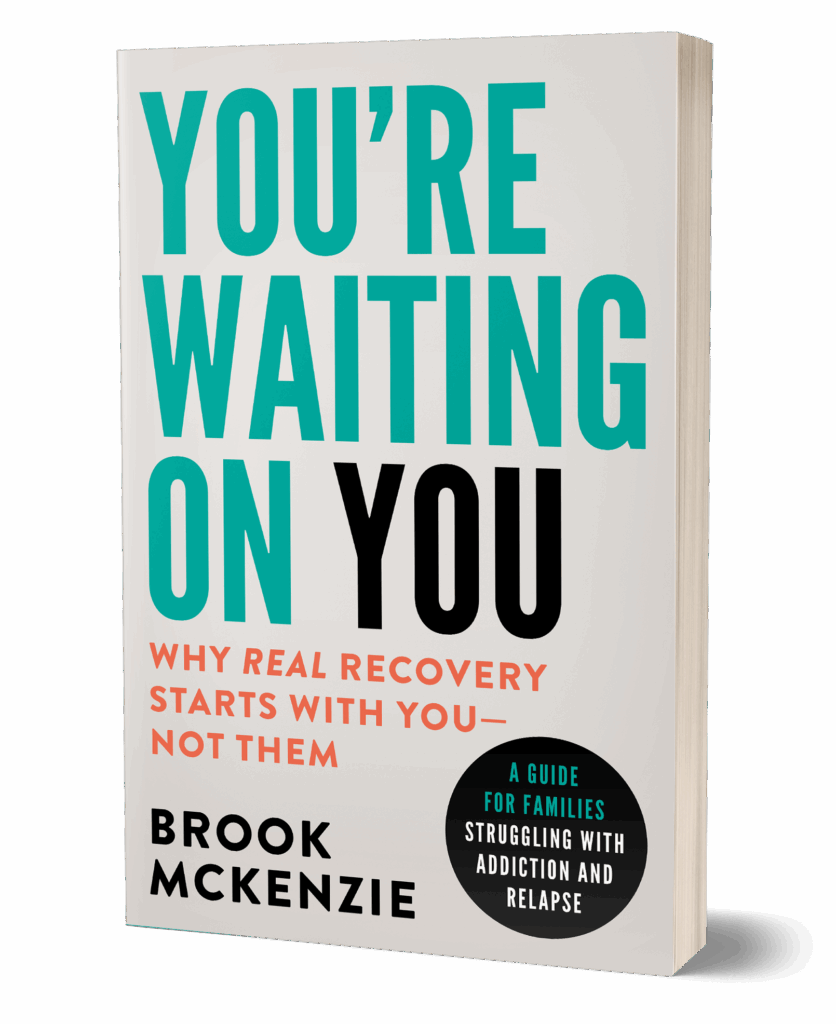
During Residential Treatment
Residential care begins the process of changing what hasn’t worked—deeply ingrained patterns and beliefs. It lays a new foundation for lasting recovery and helps assess the client’s readiness for what comes next.
Phase 1: Intensive Residential Programming
Focus: Clinical stabilization, behavioral restructuring, and therapeutic engagement.
What families can expect:
- Regular neurofeedback, individual counseling, and psychiatric care
- Therapeutic outings and structured evening/weekend activities
- Immersive programming to build new behavioral patterns and coping strategies
- Rebuilding relational trust through accountability and therapeutic communication
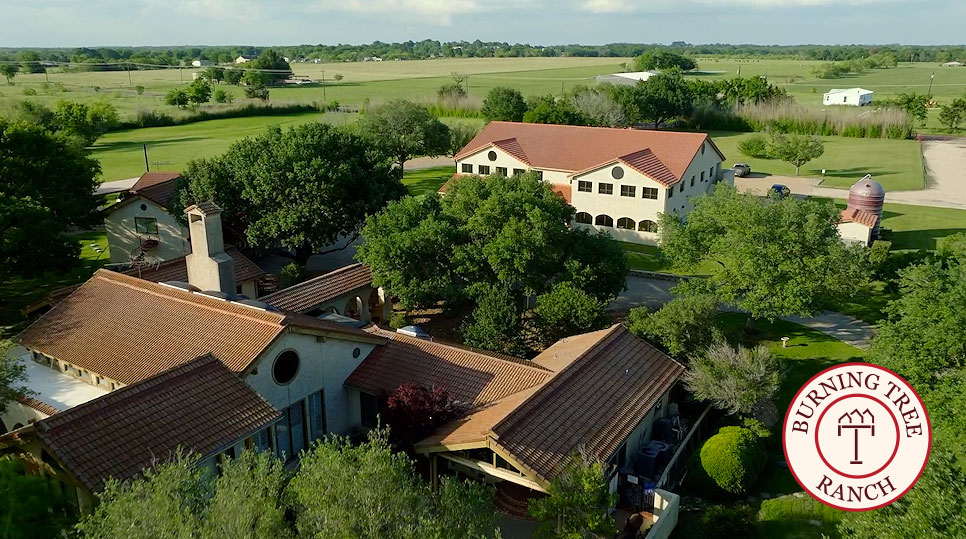
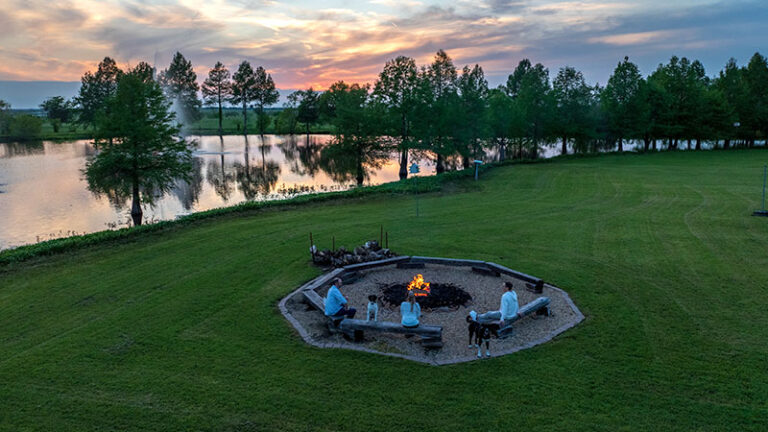
Phase 2: Supportive Residential Programming
Focus: Autonomy with accountability, community integration, and continued clinical oversight.
What families can expect:
- Supervised reintroduction of personal technology (e.g., phone access)
- Permission-based use of vehicles for essential tasks
- Overnight passes to our structured transitional living environment
- Initial participation in aftercare groups within the broader Dallas recovery community
After Residential Treatment
Following the residential phases, clients begin a structured, step-down process toward independent living. Every element—from employment to therapy—is designed to support and reinforce permanent behavioral change in real-world conditions.
Phase 3: Tailored Aftercare & Supportive Living
Focus: Transitional accountability, life skills development, and external integration.
What families can expect:
- Full-time employment secured and maintained
- Gender-specific transitional housing with peer structure and staff oversight
- Ongoing case management, clinical therapy, and aftercare participation
- Active ownership of daily responsibilities within a sober community framework
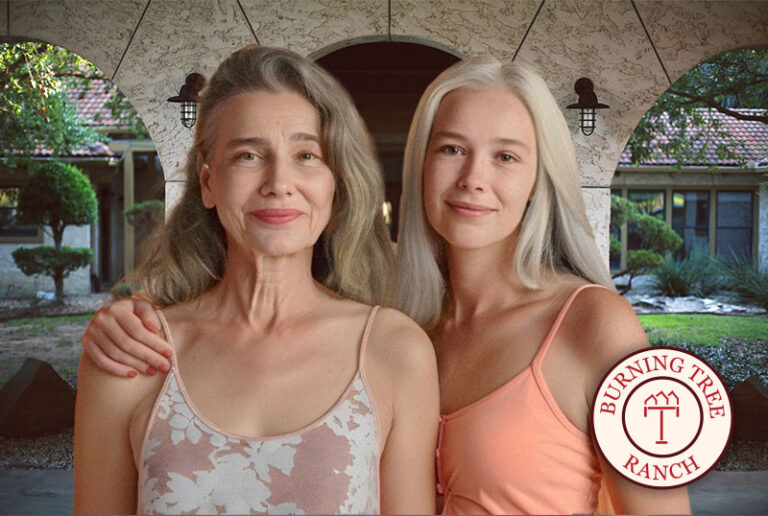

Phase 4: Tailored Aftercare & Independent Living
Focus: Self-regulation, autonomy, and sustainable recovery practices.
What families can expect:
- Independent housing with a sober peer and structured expectations
- Continued therapeutic engagement and accountability through case management and aftercare
- Progress toward full financial, relational, and recovery-based self-sufficiency
- Active participation in community-based recovery and ongoing personal growth initiatives
Graduation: Independence & Alumni Transition
What families can expect:
- Completion of all clinical, behavioral, and aftercare milestones
- A demonstrated history of personal accountability and emotional maturity
- Reconnection with family built on honesty, trust, and consistency
- A sustainable, self-directed life rooted in purpose, structure, and recovery
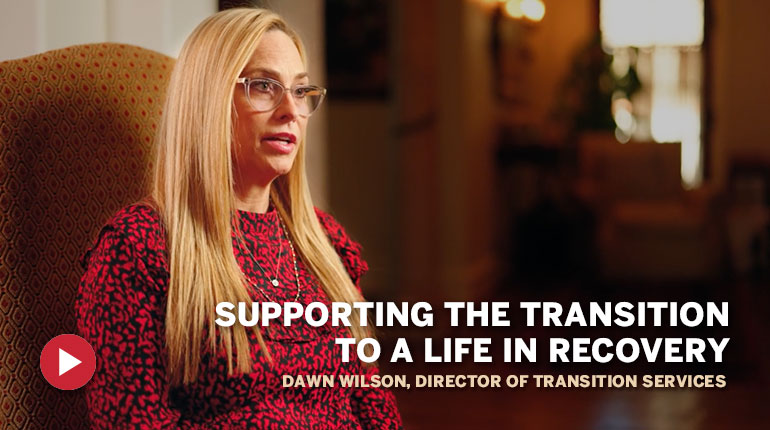
Has Treatment Stopped Working?
This Time Has to Be Different
Tried everything—and nothing’s worked?
Still watching them fall apart?
Ready for truth instead of promises?
Or send a message to our team to request more information about our program.